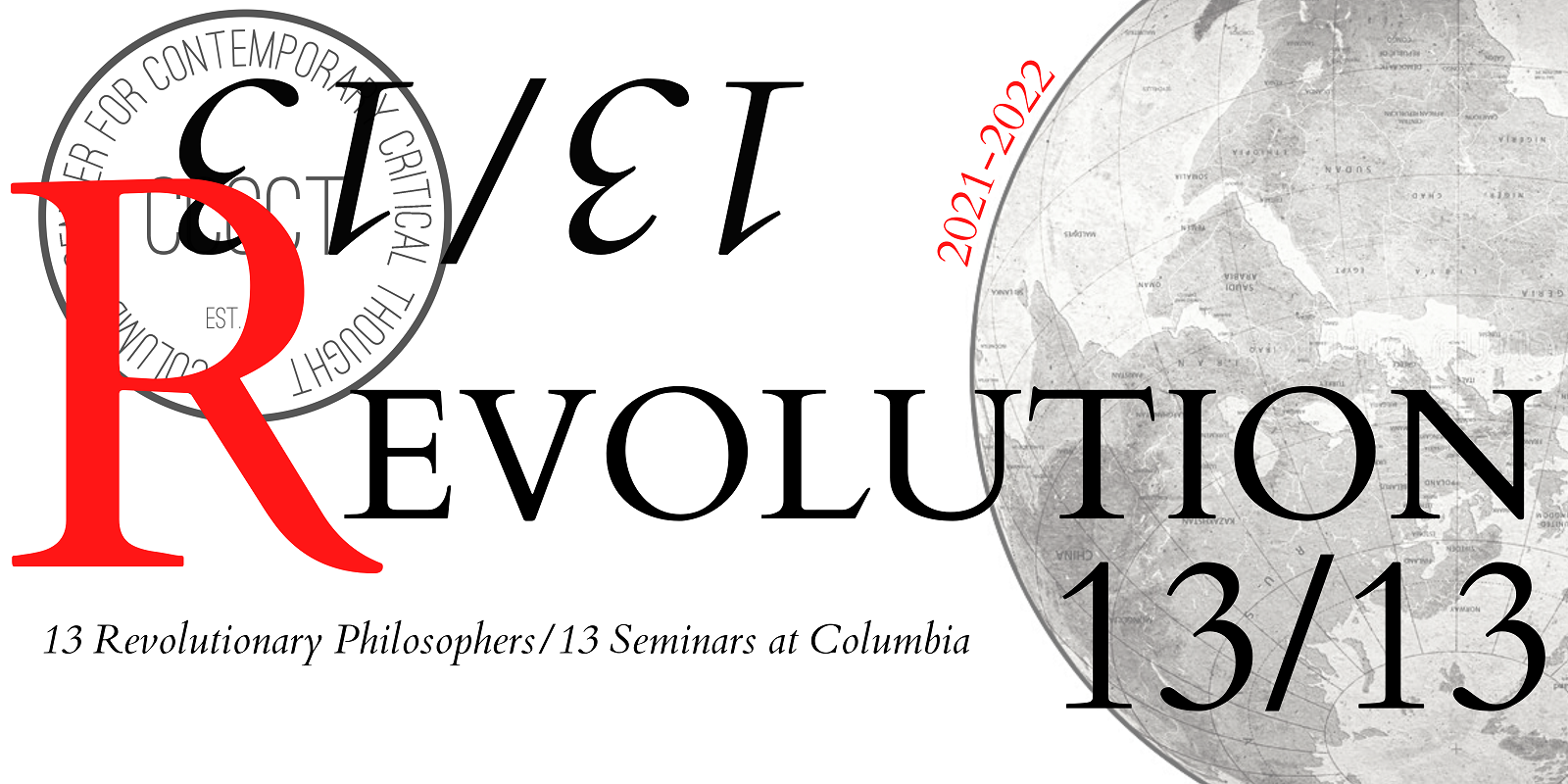Readings
Allen, Amy, The End of Progress: Decolonizing the Normative Foundations of Critical Theory (New York: Columbia University Press, 2016).
Amy Allen, “Foucault, Psychoanalysis, and Critique,” Angelaki 23, no. 2 (April 2018): 170-186.
Michel Foucault, Surveiller et punir. Naissance de la prison, in Michel Foucault: Œuvres, vol. 2, ed. Bernard E. Harcourt (Paris: Gallimard/La Pléiade, 2015).
Bernard E. Harcourt, “On Critical Genealogy: An Answer to the Question ‘What Good Is Genealogy for Praxis?’.”
Colin Koopman, Genealogy as Critique: Foucault and the Problems of Modernity. Bloomington (Indiana University Press, 2013).
Colin Koopman, “Problematization in Foucault’s Genealogy and Deleuze’s Symptomatology: or, how to study sexuality without invoking oppositions,” Angelaki 23, no.2 (April 2018): 187-204.
Daniele Lorenzini, “On possibilising genealogy,” Inquiry (2020): 1-22.
Friedrich Nietzsche, On the Genealogy of Morals, ed. Walter Kaufmann (New York: Vintage Books, 1967).
Friedrich Nietzsche, Untimely Meditations, ed. Daniel Breazeale (Cambridge: Cambridge University Press, 1997).
Martin Saar, “Genealogy and Subjectivity,” European Journal of Philosophy 10, no. 2 (2002): 231–245.
Secondary Readings:
Giorgio Agamben, Where Are We Now? The Epidemic as Politics, trans. Valeria Dani (Lanham: Rowman & Littlefield, 2021).
Adam Kotsko, “What Happened to Giorgio Agamben?” Slate, February 20, 2022, https://slate.com/human-interest/2022/02/giorgio-agamben-covid-holocaust-comparison-right-wing-protest.html.
